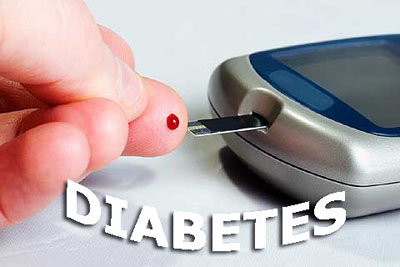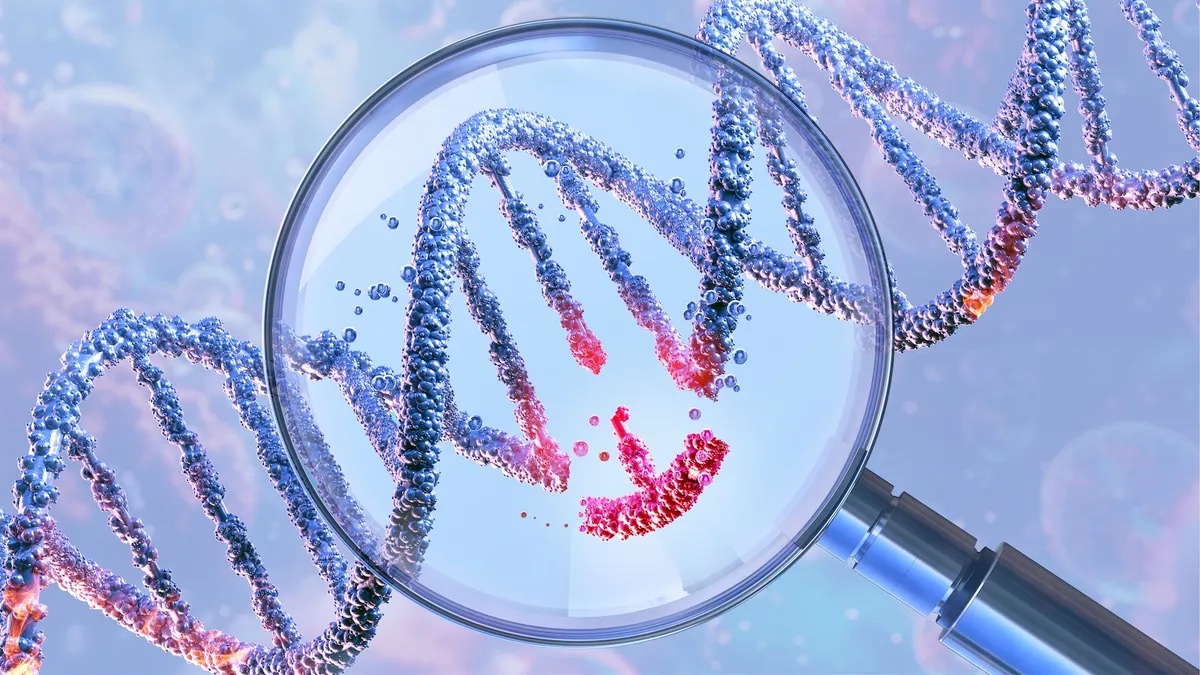

Diabetes is a group of metabolic diseases in which there are high blood sugar levels over a prolonged period. Symptoms of high blood sugar include frequent urination, increased thirst, and increased hunger. If left untreated, diabetes can cause many complications. Acute complications include diabetic ketoacidosis and nonketotic hyperosmolar coma. Serious long-term complications include cardiovascular disease, stroke, chronic kidney failure, foot ulcers, and damage to the eyes. Diabetes is due to either the pancreas not producing enough insulin or the cells of the body not responding properly to the insulin produced. Read more ...
Millions have diabetes without knowing it Science Daily - September 15, 2025
A sweeping global study reveals that nearly half of people with diabetes don’t even know they have it, with young adults being the most overlooked. While most diagnosed patients receive treatment, less than half achieve proper blood sugar control, leaving only about one in five with well-managed diabetes.
New Breath Test Detects Diabetes in Minutes SciTech Daily - September 13, 2025
In the United States, nearly one in five of the 37 million adults living with diabetes is unaware of their condition. Standard methods for diagnosing diabetes and prediabetes often involve clinic visits and laboratory tests, which can be both costly and time-consuming. Researchers now suggest that detection may soon be as simple as analyzing a person's breath.
Diabetic man produces his own insulin after gene-edited cell transplant Live Science - August 14, 2025

The new proof-of-concept study points a way to curing diabetes without the need for immune-suppressing drugs.
First UK Patients Receive Diabetes Drug That Delays Symptoms by Years Science Alert - July 9, 2025
A Distinct New Form of Diabetes Has Been Officially Recognized Science Alert - May 14, 2025

Type 5 diabetes has just been recognized as a distinct form of diabetes by the International Diabetes Federation. Despite the name, there are more than a dozen different types of diabetes. The classification isn't quite as tidy as the numbering suggests. Here's a clear guide to the different types, including some that you may not have heard of, along with information about what causes them and how they are treated.
In a 1st, scientists reversed type 1 diabetes by reprogramming a person's own fat cells Live Science - November 2, 2024
For the first time, scientists in China reprogrammed a woman's fat cells to turn them into insulin-making pancreatic cells that reversed her type 1 diabetes. The feat adds to a growing body of evidence that reprogrammed stem cells could one day be used to treat or cure the chronic disease. The patient treated in the recent study still doesn't need any injected insulin a year out from her procedure.